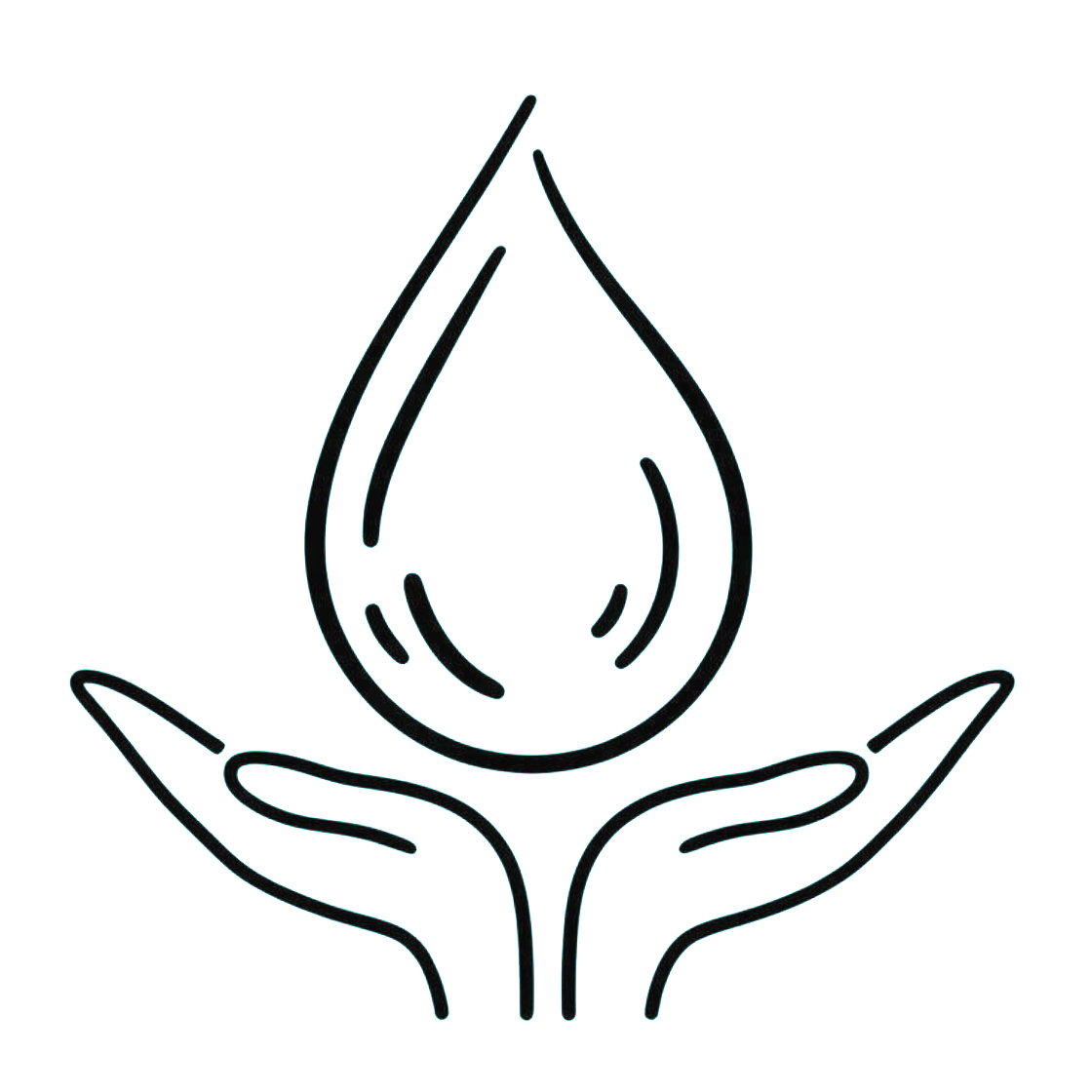
As a chartered counselling psychologist I am fortunate to be able to offer my clients a range of therapeutic modalities to support the work that we do together. Based on what you want to work on and what you bring to each session I will integrate different approaches to suit your needs.
The basis of our work together will always be compassionate, person-centred and trauma informed. A psychodynamic lens helps me to help you better understand yourself, your relationships and how you view the world.
Approaches
-
Person-centered therapy is one of the humanistic approaches and focuses on the person and their potential for growth. It is fundamentally supportive and non-judgmental.
-
Psychodynamic psychotherapy explores how past childhood experiences influence our present functioning, including deep emotional conflicts, unconscious processes and defense mechanisms.
-
Systemic therapy looks at the relationships between people and groups, and considers how external factors might influence both. Exploring stories and patterns is key to the systemic approach, as is considering how such stories and patterns can change.
-
EMDR (eye movement desensitisation and reprocessing) and attachment focused EMDR are approaches that engage the mind-body connection to help us process stuckness. It is often used for overcoming traumatic events, whether recent or in the past, however it has the ability to help with almost any area of difficulty.
-
Have you ever found yourself going somewhere and arriving but not knowing exactly how you got from A to B? This is an excellent example of mindlessness - engaging with the world on autopilot. Mindfulness is the opposite - it is about engaging with ourselves, others and the world with awareness and attention. Mindfulness is often described as paying attention to the present moment without judgment. Being able to notice what is arising and to do so without judgment is a challenge for most of us but it is a vital skill that can help us in therapy and in life.
-
CBT (cognitive behavioural therapy) is a therapy that is based on two approaches: behaviourism and cognitive therapy. Behaviourism focuses on our actions and how they are shaped by different factors. Cognitive therapy brings attention to our thoughts, what we are thinking, and how this influences how we feel. Together, in the form of CBT, these approaches help us understand how our thoughts and actions affect how we feel (emotionally and physically). Exploring this can be a helpful way to better understand our experience, while also being an opportunity to create change.
-
CFT (compassion focused therapy) is one of the third wave CBT approached. It is a CBT type of intervention because it explores how our thoughts, feelings and behaviours interact. However, unlike traditional CBT (known as second wave CBT) which focuses on the content or the what of our experience, third wave approaches focus on the way or the how of our experience. CFT focuses on how we think about ourselves and how we communicate with ourselves, which can often be overly critical or harsh.
-
ACT (acceptance and commitment therapy) is another one of the third wave approaches. ACT looks at how we engage with our thoughts and especially our actions, integrating mindfulness to encourage behaviour change by focusing on accepting our thoughts and feelings and committing to change.
-
The third wave approach known as DBT (dialectical behavioural therapy) focuses on how we navigate our emotional landscapes, improving our ability to cope with distress, and manage emotions and relationships in a healthy way.
-
ERP (exposure and response prevention) is a second wave CBT approach, specific to managing symptoms of OCD (obsessive compulsive disorder). Many anxiety conditions, including OCD, are maintained by avoidance. ERP targets this avoidance and in doing so helps us overcome our fears.
-
Single session
Maybe there is a question that you have been trying to answer. Maybe there is one sticking point that is really getting in the way of you living your life more fully. Maybe you have a goal but are struggling to achieve it.
A single extended session might be just what you need to create movement or find some answers. This is a cost effective way to engage with a therapeutic process, without committing to regular sessions.
-
Time limited
This format might be useful for you if you have a specific budget or length of time available. A time limited approach, whether this is a specific number of weeks or sessions, is suitable for people who come to therapy with one main issue or focus that they want to explore. It is likely we would use one approach such as compassion focused therapy or EMDR, however this would be agreed upon at the outset of our work together and a bespoke plan would be made based on you and your needs.
-
Open ended
Open ended therapy offers you the comfort of having a regular space to bring whatever it is that is arising and to work through painful, challenging, confusing thoughts, feelings and experiences, without any sense of pressure. Working in this way, affords us the opportunity to move between questions, themes, and experiences, in a fluid way, while also allowing space for day-to-day life to enter into our work. The full range of my knowledge, trainings and qualifications would be available in this format.
-
Assessments
Maybe you are wrestling with a question or maybe you are wondering whether you have a diagnosable condition. Using a number of resources we will try and answer your question and clarify what is going on.
-
Supervision
If you are looking for a space to think collaboratively about your work, to step back and observe things with a wider lens or grapple with the complexities of the work that we do, contact me to see how I can support you. I offer clinical supervision to trainee and qualified practitioners.
-
Consulting
Are you a small to medium sized business and do you think you could be operating more effectively and efficiently as a team? Get in touch to see how I might be able to support your business so it can flourish.

